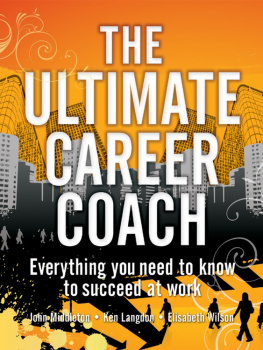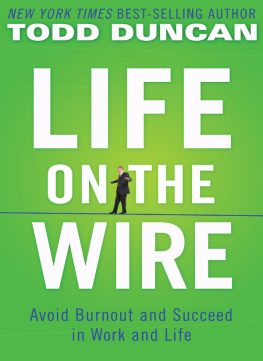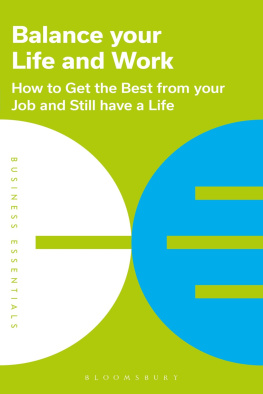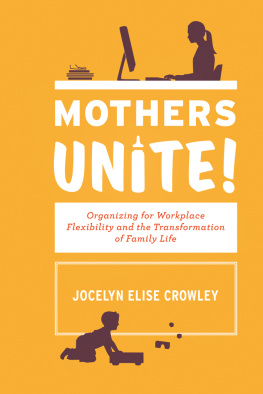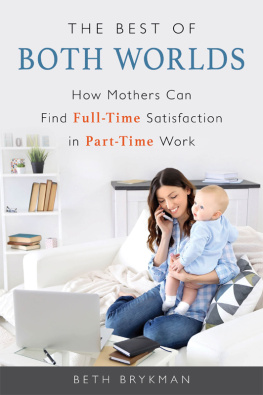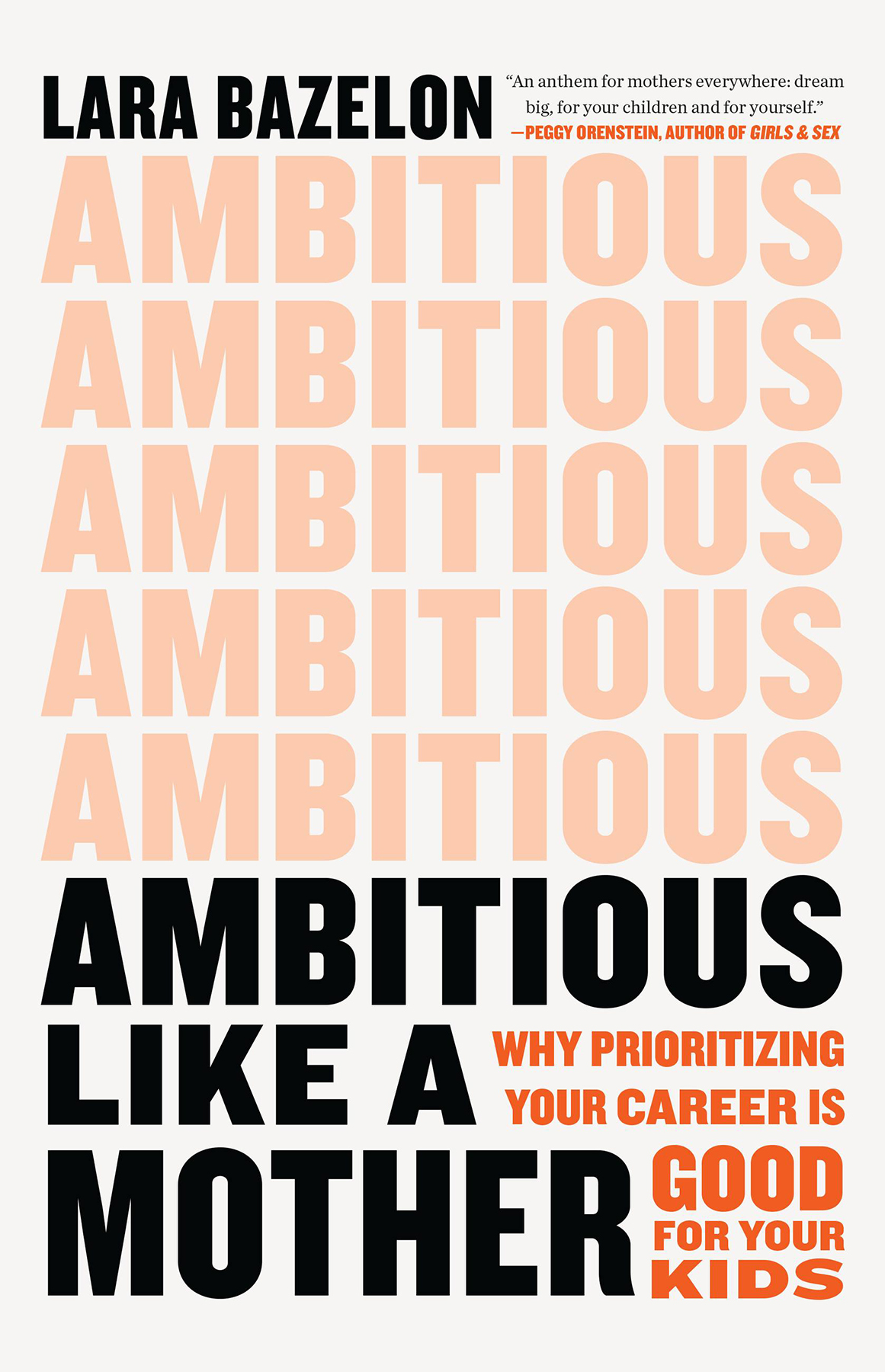Lara Bazelon - Ambitious Like a Mother: Why Prioritizing Your Career Is Good for Your Kids
Here you can read online Lara Bazelon - Ambitious Like a Mother: Why Prioritizing Your Career Is Good for Your Kids full text of the book (entire story) in english for free. Download pdf and epub, get meaning, cover and reviews about this ebook. year: 2022, publisher: Little, Brown and Company, genre: Non-fiction. Description of the work, (preface) as well as reviews are available. Best literature library LitArk.com created for fans of good reading and offers a wide selection of genres:
Romance novel
Science fiction
Adventure
Detective
Science
History
Home and family
Prose
Art
Politics
Computer
Non-fiction
Religion
Business
Children
Humor
Choose a favorite category and find really read worthwhile books. Enjoy immersion in the world of imagination, feel the emotions of the characters or learn something new for yourself, make an fascinating discovery.

- Book:Ambitious Like a Mother: Why Prioritizing Your Career Is Good for Your Kids
- Author:
- Publisher:Little, Brown and Company
- Genre:
- Year:2022
- Rating:4 / 5
- Favourites:Add to favourites
- Your mark:
Ambitious Like a Mother: Why Prioritizing Your Career Is Good for Your Kids: summary, description and annotation
We offer to read an annotation, description, summary or preface (depends on what the author of the book "Ambitious Like a Mother: Why Prioritizing Your Career Is Good for Your Kids" wrote himself). If you haven't found the necessary information about the book — write in the comments, we will try to find it.
In this captivating and radical look at work-life balance, Lara Bazelon reframes our understanding of working womenand shows how prioritizing your career benefits mothers, kids, and society at large.
In this singular cultural moment, mothers have unparalleled opportunities to succeed at work while continuing to face the same societal impediments that held back our mothers and grandmothers. We still encounter entrenched gender bias in the workplace and are expected to shoulder the lions share of labor and burdens at home while being made to feel as if were never doing enough. All the while were told that the perfect work-life balance is possible, if only we try hard enough to achieve it.
Its time to change the conversationabout work, life, and balance. Work and life are inextricably, intimately intertwined. We need to celebrate what we do give our childreneven and especially in moments of imbalancerather than apologizing for what we dont. In this way, we can model for our children how we use our talents to help others and raise awareness about the issues closest to our hearts. We can embrace the personal fulfillment and financial independence that pursuing meaningful work can bring as a way of showing our children how to live happy, purpose-driven lives. Bazelon argues not only that we can but that we should. Being ambitious at work and being a good mother to our children are not at oddsthese qualities mutually reinforce each other.
Backed up by research and filled with personal stories from Bazelons life, as well as that of her mother and the many other women she interviewed across the cultural and financial spectrum, Ambitious Like a Mother is an anthem, a beacon for all to recognize and celebrate the pioneering women who reject the false idols of the Selfless Mother and Work-Life Balance, and a call to embrace your own ambitions and model your multiplicities for your children.
Lara Bazelon: author's other books
Who wrote Ambitious Like a Mother: Why Prioritizing Your Career Is Good for Your Kids? Find out the surname, the name of the author of the book and a list of all author's works by series.



